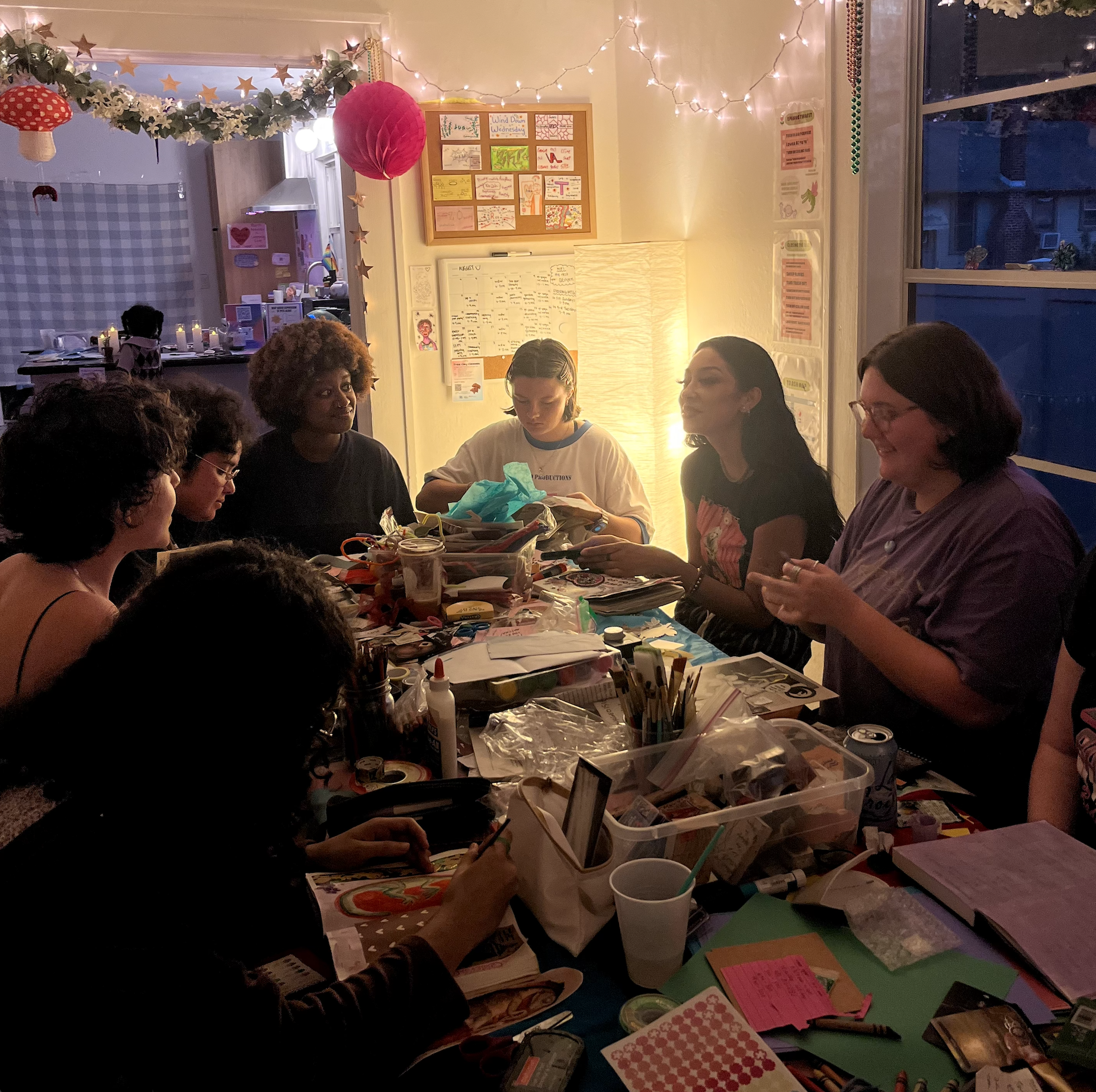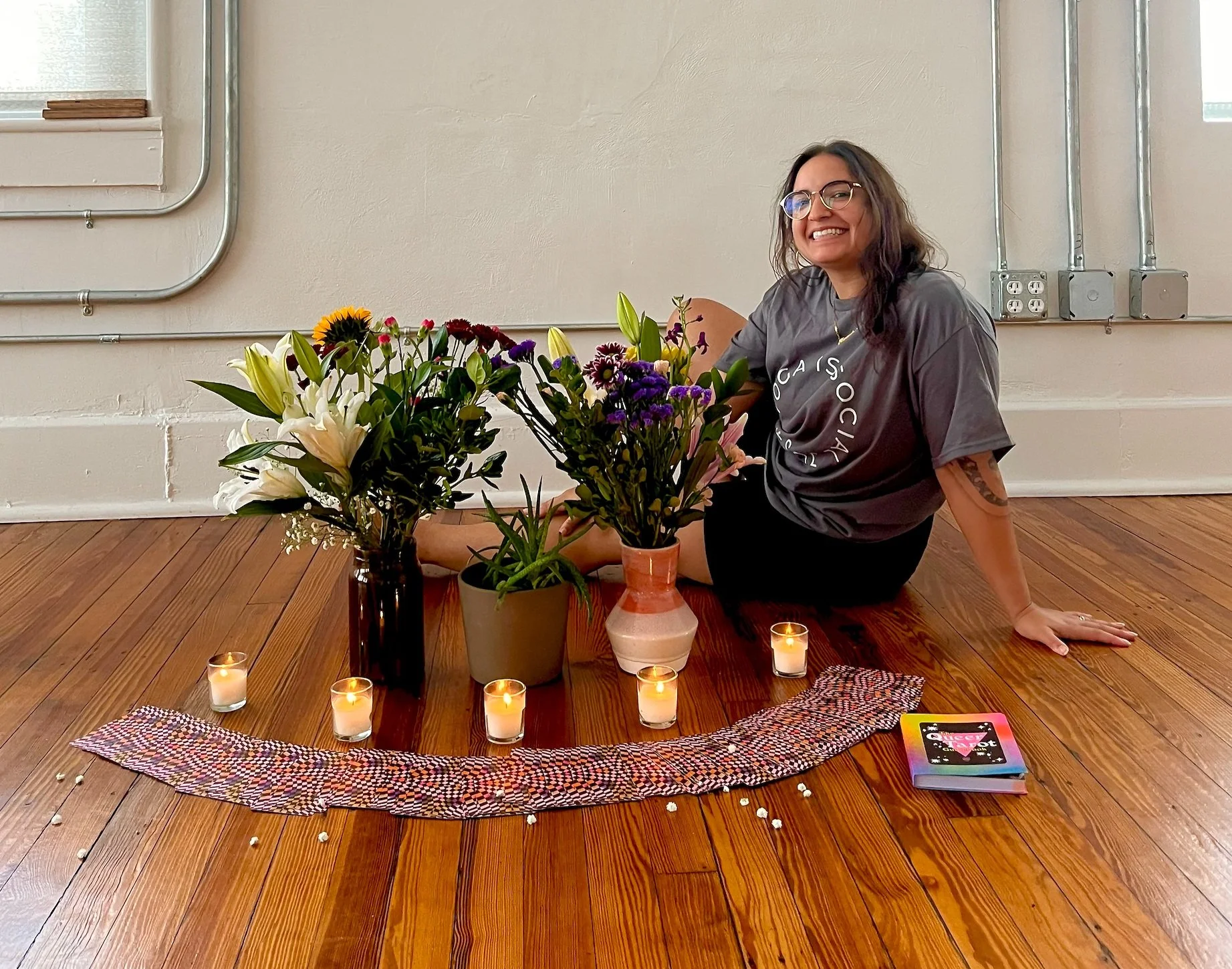Contemplative practices refer to a range of mindful activities aimed at cultivating awareness, improving emotional regulation, and emphasizing the interconnectedness of all things.
Abolition is not just about dismantling oppressive structures but also about imagining and creating new ways of being together. Contemplative practices help us center justice on healing and transformation, rather than punishment. These practices create space for us to connect with each other on a deeper level and promote self-care to avoid burnout.
Types of Contemplative Practices





